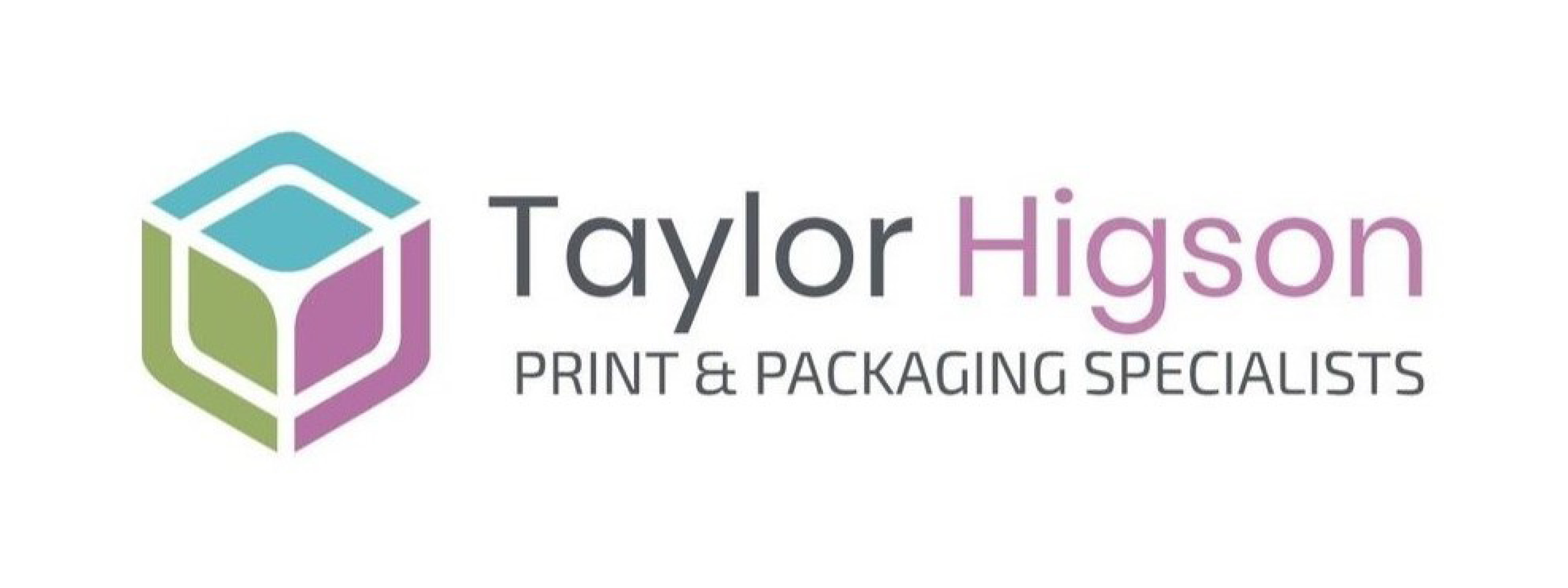6 January 2025

SKILLS SHORTAGE IN PRINT
As someone who went to school in the 1990’s, I was one of those kids who associated the word “print” with newspapers and textbooks. It was only 30 years later in 2019 when I joined Taylor Higson I realised how wrong my perceptions were.
Even now, when people ask me what I do for a job and I tell them I’m a Director in a print and packaging recruitment company, I commonly get asked “print? what do you mean print?” and it’s only when the conversation opens up that people realise it’s everywhere. Quite literally. It’s completely taken for granted.
I genuinely believe this is one of the key reasons the industry has a massive skills shortage on its hands. Yeah so it’s everywhere, but what do young people really know about it?
School and college leavers don’t see it as “fun” or “interesting” as any other apprenticeship opportunity, that’s for sure.
The shortage is already creating challenges for so many businesses, mainly in maintaining productivity and adapting to new technologies.
Why is there a skills shortage across the industry?
1. Aging Workforce: Many experienced workers are retiring, and not enough younger people are joining the industry.
2. New Technology: As the industry transitions towards the digital age and automation, workers need new skills that many don’t have.
3. COVID Pandemic: Many experienced staff left the industry and retrained in another FMCG environment.
4. Perception: Young people often see the print industry as outdated and don’t know about the career opportunities it offers.
5. Lack of Training: Businesses don’t know about the BPIF and the training programmes out there for new and existing workers.
6. Economic Factors: Small companies may not have the budget to invest in employee training or offer competitive salaries.
But what does the skills shortage mean?
1. Slow Production: Without enough skilled workers, projects take longer and may result in missed deadlines.
2. Errors: Inexperienced workers are more likely to make mistakes, causing quality issues.
3. Stagnation: Companies may struggle to innovate and adopt new technologies, leading to reduced competitiveness.
4. Higher Costs: Businesses may have to spend more on training, wages, and correcting errors.
How can this be fixed?
1. Better Training: Partner with the BPIF create relevant training programs, offer internships / apprenticeships to bring in young talent.
2. Attract New Talent: Work with Taylor Higson to propel your business needs into the limelight – you’ll have a dedicated contact at the end of the phone who can tell you all about the skills market right now – use us as your source of industry expertise and up to date knowledge of trends.
3. Upskill Workers: Provide ongoing training and development via the BPIF to help current employees learn new skills and stay updated on newer technology.
4. Change Perceptions: Promote the print industry as modern and innovative to attract younger generations. Boast about your achievements and promote the business positively. Highlight exciting career opportunities, technological advancements and the potential for growth. Engage with young people at career fairs, school and college open days, and via social media.
5. Adopt Technology: Use automation and user-friendly tools to reduce the need for highly specialized skills, keep things simple and let people learn.
6. Stay Competitive: Be more attractive than your competitors by offering better wages and benefits. Even small incentives can go a long way for some candidates and give you that edge when it comes to being a desirable employer.
7. Create a Positive Work Environment: Foster a culture that supports growth, inclusion, and career development.
It’s common to feel overwhelmed about talent attraction, especially when it comes to succession planning and thinking ahead. But all isn’t lost – you can remain competitive and continue to thrive in a changing landscape.
Through training and apprenticeships, embracing new technology, connecting with industry hiring experts and promoting your business so it’s more appealing to young workers – you can overcome your hiring challenges and secure a strong and dynamic future for your business.
 Simpler Recycling Requirements in England
Simpler Recycling Requirements in England
21 January 2025
In order to increase recycling rates the government has introduced measures to simplify workplace recycling in England.
 POSITIVE Q4 OUTPUT AND ORDERS GROWTH IN-LINE WITH FORECAST – BUT A NOSEDIVE IN CONFIDENCE HAS DEPRESSED EXPECTATIONS FOR Q1
POSITIVE Q4 OUTPUT AND ORDERS GROWTH IN-LINE WITH FORECAST – BUT A NOSEDIVE IN CONFIDENCE HAS DEPRESSED EXPECTATIONS FOR Q1
6 February 2025
Output and orders in Q4 more-or-less performed as forecast as the UK's printing and printed packaging industry continued its path of steady, but subdued, growth in 2024.










